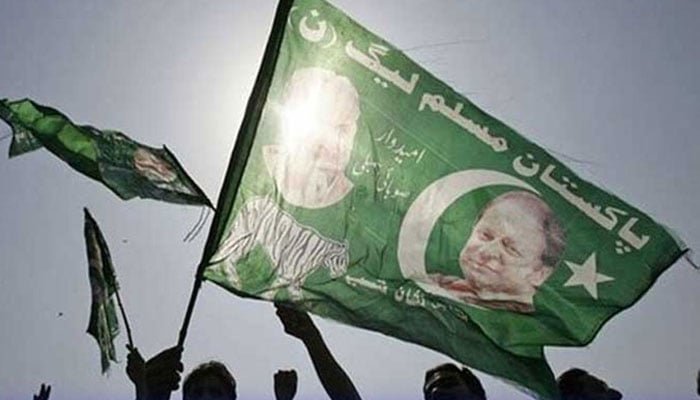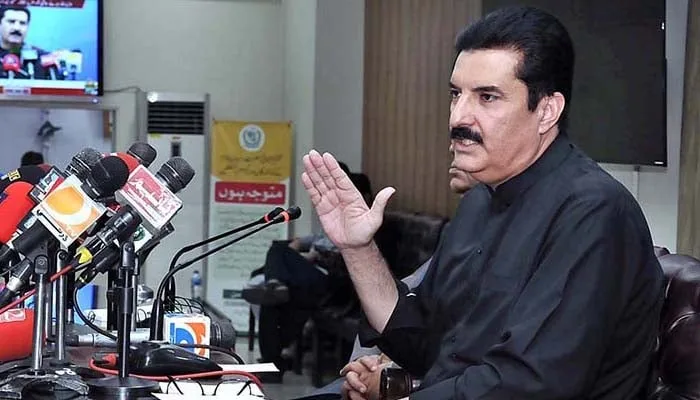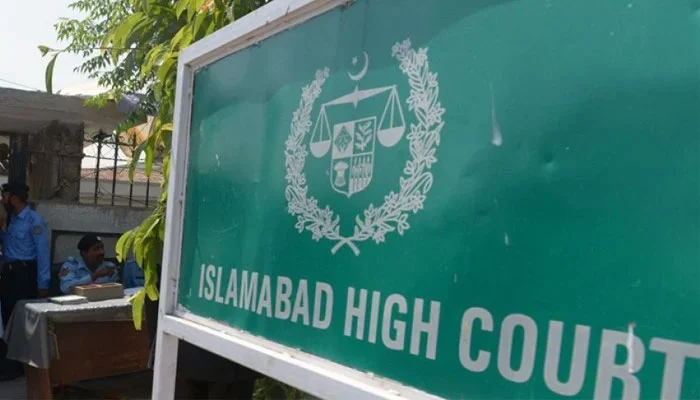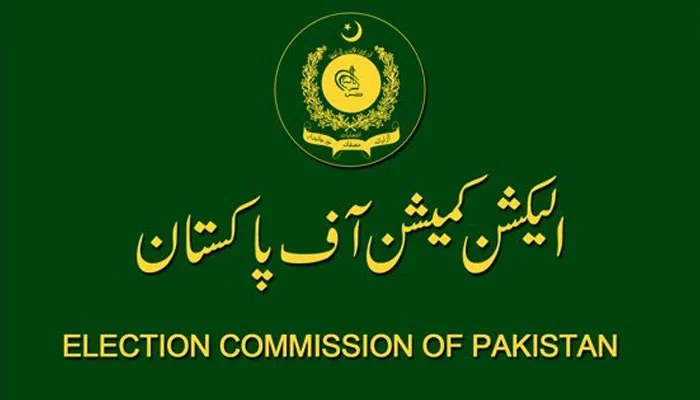In a significant development, the Central Scholars Council has declared its support for PML-N candidates across the nation, marking a pivotal shift in alliances within key constituencies.
The endorsement from the Central Scholars Council extends to NA-98, where maritime support amplifies the influence of the PML-N candidates. The strategic backing from religious leaders is expected to sway the electoral dynamics in favor of the PML-N candidates, adding a new dimension to the political landscape.
Meanwhile, in Karachi, the electoral scenario witnesses a notable realignment as the National Assembly constituency NA-246 experiences a shift of allegiance. The candidates from the United National Movement, under the leadership of Ameen-ul-Haq, gain the support of the public in the constituency. This development adds a layer of complexity to the political dynamics in Karachi, as the United National Movement emerges as a formidable force against existing political contenders.
Additionally, the spokesperson for the All Pakistan Muslim League (ANP) in the provinces, Dost Muhammad, reveals that the ANP has taken a stance in support of its candidates in the southern district’s National Assembly seats, NA-240 and NA-241. The party aligns itself with the Muttahida Qaumi Movement (MQM) Pakistan’s candidates, asserting a strategic move aimed at consolidating votes and influence in the region.
On a different note, Rana Sanaullah, a prominent leader of the Pakistan Muslim League-Nawaz (PML-N), reiterates the call for justice against those involved in the events of May 9. He underscores the importance of holding accountable those individuals allegedly implicated in the incidents, emphasizing the need for a fair and transparent legal process.
Contrastingly, Ata Tarar, the spokesperson for the Pakistan Peoples Party (PPP), takes a dig at the PPP’s political rivals by stating that the party possesses not only voters and supporters but primarily financial resources. This statement reflects the ongoing political rhetoric where parties engage in strategic verbal exchanges, attempting to sway public opinion in the run-up to the elections.
In essence, these developments underscore the fluid nature of electoral alliances, where religious endorsements, realignments, and calls for justice contribute to the intricate tapestry of Pakistan’s political landscape ahead of the upcoming elections.



